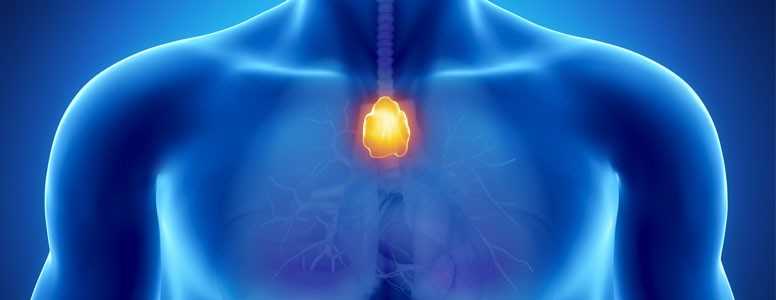Research has found a new way to prevent good T cells, responsible for immune defence, from going bad and causing autoimmune diseases, such as type 1 diabetes.
Researchers discovered a protein complex that operates some kind of late stage quality control during T cells development, which could ward off against having these T cells lock on to pancreatic islets and destroy beta cells.
The body orchestrates immune responses by programming T cells to recognise various different invaders or antigens in the body.
But, the problem with having T cells that have such a broad repertoire is that certain T cells within that repertoire may recognise parts of ourselves as antigens and give rise to autoimmunity.
One way that the body tries to get around that is by having developing T cells undergo a training that tells them how to behave in a way that won’t cause disease.
This education process, where T cells learn how to differentiate between self or non-self as they develop, happens in the thymus gland that overlays the heart.
So far, scientists only knew of two important processes that happen during this thymic education process for T cells.
The first being that some of the T cells that recognise parts of our own body are weeded out and killed. And the second whereby T cells that recognise self are turned into regulatory T cells (Treg), which protect us against autoimmunity.
In this study, researchers at the Walter and Eliza Hall Institute, in Australia, have identified another important step in this ‘school’ of T cells that involves a protein complex called LUBAC.
LUBAC is thought to act as the very last checkpoint before T cells are finally released into the bloodstream.
It has been suggested that when LUBAC is faulty, for example because of gene defects, a small proportion of potentially dangerous T cells are allowed out of the thymus before they complete their development.
Because of this missing step, the body has not fully skewed the repertoire of T cells away from recognising self towards recognising foreign microbes, which may give rise to autoimmunity down the line.
What's new on the forum? ⭐️
Get our free newsletters
Stay up to date with the latest news, research and breakthroughs.





